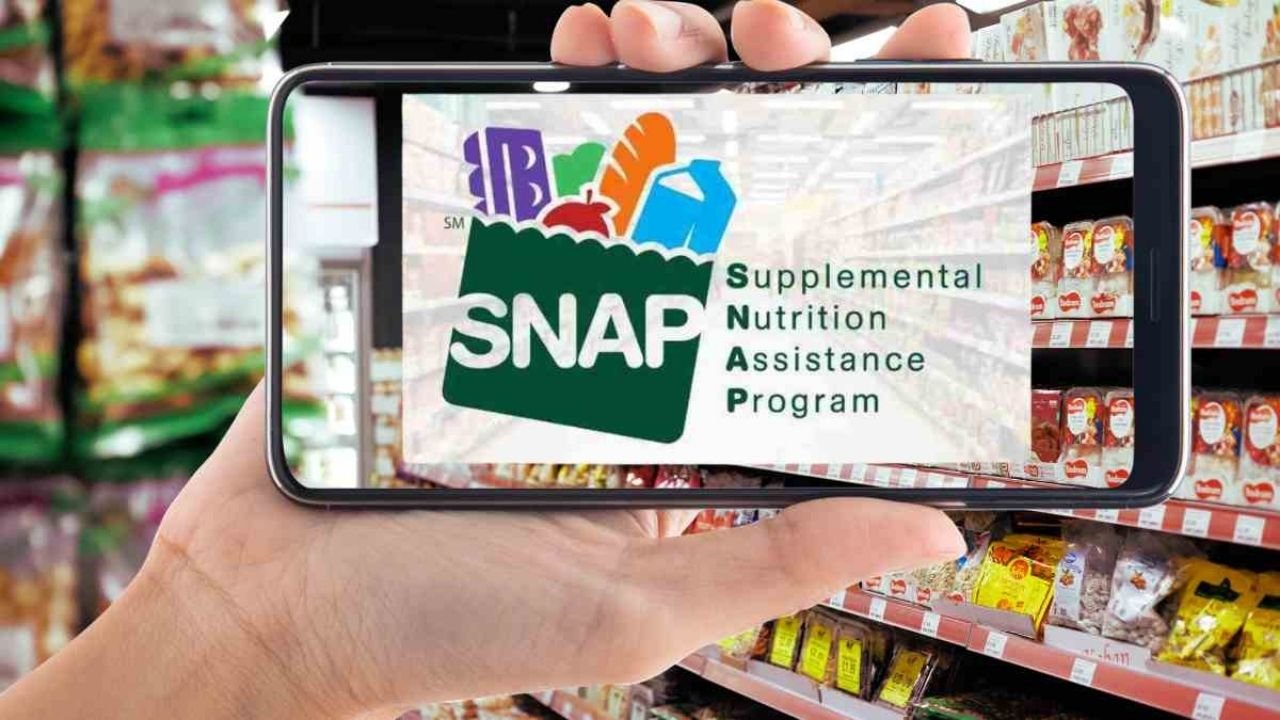Starting November 1, 2025, major changes to the federal Supplemental Nutrition Assistance Program (SNAP) work-necessities go into effect nationwide for a focused group of recipients: capable-bodied adults with out dependents (ABAWDs). These changes tighten the eligibility rules and raise the threshold for monthly work, education, or volunteering to 80 hours a month in order to preserve receiving benefits past the constrained time allowed.
Here’s a breakdown of what’s changing, who is affected, the way to comply, and what all of it manner.
What’s Changing
The new rule update includes several key factors:
- ABAWDs will now be required to work, take part in training, or interact in authorized network service for as a minimum 80 hours per month (about 20 hours/week) in the event that they need to acquire SNAP for extra than three months in a 36-month period.
- The age range of adults concern to the rule will increase (in lots of states) from 18-54 to 18-64 years old.
- Some previously exempt groups will no longer be exempt in many states— including veterans, homeless individuals, and former foster youth in certain age brackets.
- States’ ability to grant broad area-based waivers for the ABAWD time-limit (for counties with high unemployment) will be narrowed; stricter enforcement and documentation will apply.
Who Is Affected
The changes primarily affect households where:
- There is an adult 18 to 64 years old (or the applicable state’s age bracket)
- Who is able-bodied (no verified long-term disability)
- Has no dependent child under age 14 in the home (in many states; older children may no longer exempt the adult).
- Seeks to receive SNAP benefits beyond the three-month time limit in a 36-month window
- If the person cannot meet the 80-hour-in step with-month requirement and isn’t exempt, their SNAP benefits can be constrained.
In practice, states like New York and Pennsylvania have updated their application materials to reflect 20 hours/week (~80/month) standards for these adults.
How to Comply
If you fall into the affected category, here’s how to stay eligible:
- Secure 80 hours per month of 1 or extra of: paid work; unpaid volunteer work for a nonprofit/public service; approved job training, education, or SNAP Employment & Training program activities.
- Keep documentation of your hours worked, schooling, or volunteering — as required through your nation SNAP office.
- Check your state’s SNAP business enterprise for exemption criteria (e.g., physical/mental obstacles, being pregnant, worrying for a disabled man or woman) and follow for the exemption if it applies.
- If you formerly trusted a waiver (as an instance, in a high-unemployment region), affirm whether or not your country keeps to grant such waivers and whether you stay exempt. States are now required to narrow waiver eligibility.
- Pay attention to notices from your state SNAP office — some households may be newly screened or recertified under the updated rules as of November 1.
Implementation and State-Level Effects
States must adapt their systems to:
- Identify which SNAP households include individuals subject to the rule (ABAWDs).
- Track hours of work, training, volunteer activity or other qualifying activity of those individuals.
- Provide notification and documentation requirements, and process exemptions and appeals.
- Limit or eliminate area-based waivers (where, for example, an entire county was previously exempt due to high unemployment) in favour of individual exemptions.
Many states are notifying SNAP recipients that, effective November 1, 2025, the stricter rules will be in force and they should prepare to document their eligibility or exemption status.
Conclusion
The national rollout of the 80-hour-per-month work or activity requirement for certain SNAP recipients — beginning November 1, 2025 — represents a major shift in federal food-assistance policy. For able-bodied adults without dependents, staying eligible for SNAP beyond a short time limit will now depend firmly on whether you can document sufficient work, training or community service hours.
While the aim is to promote work and training engagement, the rule also increases concerns that some prone people may also face gain loss in spite of their willingness to work. If you might be affected, start getting ready now: track your hours, check your state’s rules, inquire about exemptions, and make contact with your neighborhood SNAP office for guidance.

